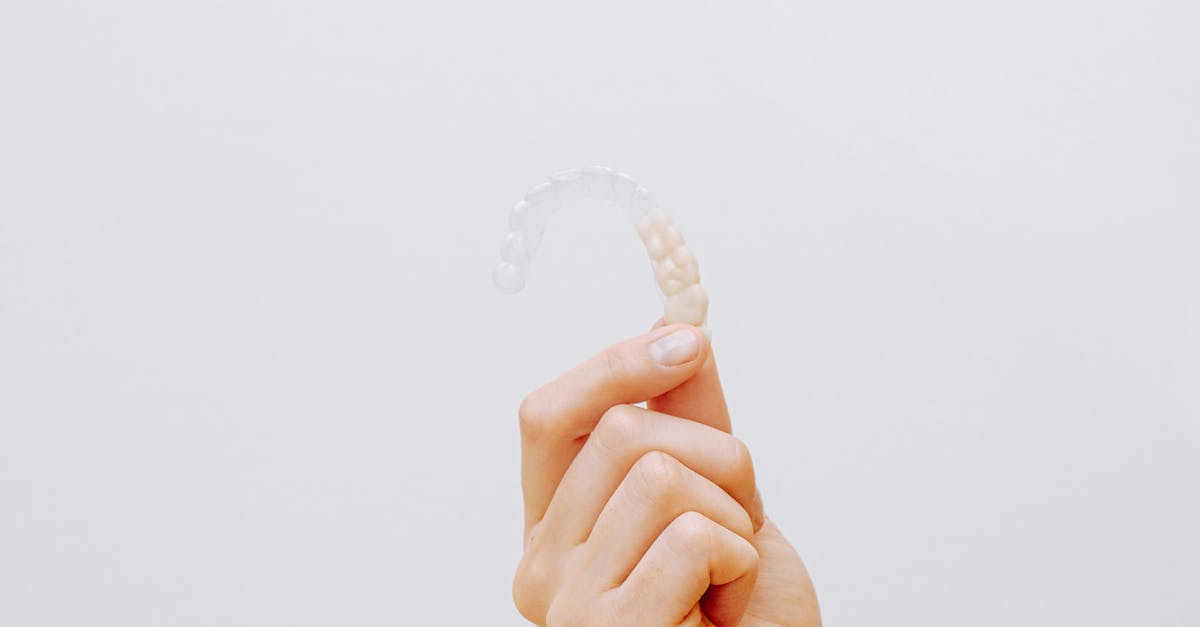
Preparation and Recovery for Gum Graft Surgery
Preparation and Recovery for Gum Graft Surgery
Before undergoing gum graft surgery, it is vital to follow the instructions provided by your periodontist or oral surgeon. These directions typically include avoiding eating or drinking for a certain period before the procedure, as well as any specific medications that need to be adjusted. Additionally, maintaining good oral hygiene by brushing and flossing gently is crucial in the lead-up to the surgery. After the gum grafting procedure is completed, expect some discomfort and swelling. Your healthcare provider will prescribe pain medication to help manage any pain. It is essential to follow post-operative care instructions diligently to promote proper healing and minimize complications. Be sure to attend all follow-up appointments, and notify your dentist immediately if you experience any unusual symptoms or concerns. Gum Grafting near me is a common search term used by individuals seeking reputable oral healthcare providers who specialize in this procedure.
Preop Instructions and Postop Care
Before undergoing gum graft surgery, there are several important preoperative instructions to follow to ensure the procedure's success. Your dentist will provide detailed guidelines on proper oral hygiene practices, including brushing and flossing techniques to promote gum health. It is essential to inform your dentist about any medications you are taking and any medical conditions you may have before the surgery. Additionally, maintaining a balanced diet rich in vitamins and minerals can aid in the healing process following the procedure. Gum grafting near me can provide the accurate guidance needed for your specific case.
Following gum graft surgery, postoperative care is crucial in promoting healing and reducing discomfort. Your dentist will give you specific instructions on how to care for the surgical site, including tips on keeping it clean and free of infection. It is important to avoid certain foods that may irritate the area and stick to a soft diet to prevent any damage to the newly grafted tissue. Adequate rest and proper hydration are also essential during the recovery period. Gum grafting near me ensures that you receive the proper care and support throughout the postoperative phase.
Cost Considerations for Gum Graft Procedures
For individuals considering gum graft procedures, cost considerations are an essential aspect to factor into their decision-making process. The price of gum graft surgery can vary based on several factors, including the extent of the procedure needed, the type of graft material used, and the expertise of the dental professional performing the surgery. It is recommended to consult with a periodontist or a dental specialist to discuss the specific details of the procedure and the associated costs. When researching potential providers or clinics, searching for "Gum Grafting near me" is a practical way to find local options and inquire about pricing information. Remember to inquire about any potential additional costs, such as pre-operative consultations, post-operative care, medications, and follow-up appointments, to ensure a comprehensive understanding of the overall expenses involved in the gum graft process.
Insurance Coverage and Payment Options
If you are considering gum graft surgery, you may wonder about insurance coverage and payment options. Typically, insurance plans may cover a portion of the cost of gum grafting if it is deemed medically necessary. It is essential to check with your insurance provider to understand the extent of coverage for the procedure. Some insurance companies may require pre-authorization before proceeding with gum grafting near me. Additionally, payment options such as flexible spending accounts or payment plans offered by the dental office may help make the procedure more affordable for patients.
When exploring insurance coverage for gum graft surgery, it is crucial to obtain pre-approval from your insurance provider if required. Understanding the details of your coverage can help prevent unexpected expenses. If your insurance plan does not cover the full cost of the procedure, discussing payment options with the dental office can assist in managing the financial aspect of gum grafting near me. By being proactive and informed about insurance coverage and payment options, you can approach your gum graft surgery with confidence.
Alternatives to Gum Graft Surgery
If you are exploring alternatives to gum graft surgery, it's essential to discuss other options with your dentist. Sometimes, less invasive treatments can be effective in addressing gum recession. Non-surgical treatments for gum recession may include deep cleaning procedures such as scaling and root planing, which can help to remove bacteria and tartar from the roots of the teeth. Another alternative to gum graft surgery is the use of oral medications or medicated mouth rinses that can help to reduce inflammation and promote gum tissue regeneration. These treatments can sometimes help to improve the condition of your gums without the need for surgical intervention. It's vital to consult with a dental professional to determine the most appropriate treatment options for your specific case of gum recession. Remember to use relevant search terms like "Gum Grafting near me" when looking for local treatment options.
Nonsurgical Treatments for Gum Recession
For individuals seeking alternatives to surgical intervention, various nonsurgical treatments can help address gum recession. One common approach is scaling and root planing, a deep cleaning procedure that removes plaque and tartar from below the gumline, helping to promote gum tissue healing. Another nonsurgical option is using dental antibiotics to control bacterial infections that may contribute to gum recession. Additionally, regular professional cleanings and improved oral hygiene practices at home can aid in preventing further gum recession.
It is essential to consult with a dental professional to determine the most suitable treatment plan for gum recession. By searching for "Gum Grafting near me," individuals can locate nearby dental offices that offer gum recession treatments, including nonsurgical options. Dentists can evaluate the extent of gum recession and recommend an appropriate course of action, which may involve nonsurgical methods to address the condition effectively.
FAQS
Can any dentist perform a gum graft surgery?
No, not every dentist is trained and qualified to perform a gum graft surgery. It is recommended to consult with a periodontist, a specialist in treating gum-related issues, for gum graft procedures.
How can I find a qualified dentist for a gum graft surgery?
You can ask for recommendations from your general dentist or search for periodontists in your area who specialize in gum graft procedures. It is essential to choose a dentist with experience and expertise in performing gum graft surgeries.
What are the potential risks associated with gum graft surgery?
Like any surgical procedure, gum graft surgery carries some risks, including infection, excessive bleeding, and potential complications with the healing process. It is important to discuss these risks with your dentist before undergoing the procedure.
How long does it take to recover from a gum graft surgery?
The recovery time for a gum graft surgery varies from person to person but generally takes a few weeks. It is crucial to follow your dentist's post-operative instructions carefully to ensure proper healing and minimize complications.
Will my insurance cover the cost of a gum graft surgery?
The coverage of gum graft surgery by insurance varies depending on your insurance plan and the reason for the procedure. It is advisable to check with your insurance provider regarding coverage and payment options before undergoing the surgery.



